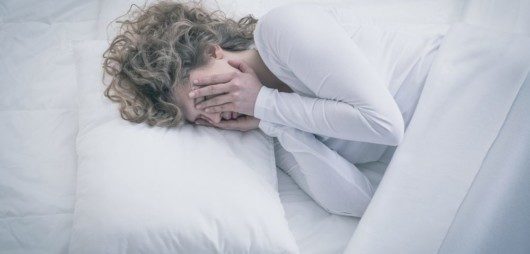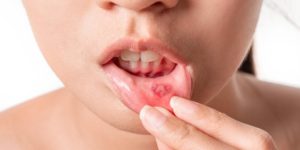The phrase “You are what you eat” is a little truth mixed with a lot of exaggeration, but its roots are based in fact.
The fact is that your body fuels itself with what you eat, and that is what it uses to complete your bodily functions, including sleep. When your sleeping patterns are suboptimal, your first look at troubleshooting the issue should be in your diet. If you are someone who has Parkinsons, maintaining a healthy diet of whole grains, vegetables, fruits, dairy, and protein-rich products is a top priority.

Your daily routine will have a significant impact on how well you sleep. Physical activity and a balanced diet are both a necessary part of a sound sleeping regimen. Changing your diet and exercise routine can help you sleep well, but if you aren’t an expert, it’s not always obvious which aspects of your meals are preventing you from sleeping. The plethora of sleep issues that come from those who struggle with Parkinsons are more than just losing a good night’s sleep.
Here are a few sneaky ways that your food and beverage intake could be affecting your sleeping patterns without you realizing it.
Is Your Diet Keeping You Up at Night?
Just because you made the switch to decaffeinated coffee doesn’t mean you are safe. There are hidden ingredients in just about any processed food and drink that could be preventing you from sleeping soundly. Greasy fast-food meals, heavy dinners, and sugary snacks are just a few of the culprits.
Insomnia and other sleep deprivation disorders have risen significantly over the last decade, hand in hand with easy access to junk food and jam-packed schedules in which convenience takes precedence over quality when it comes to meals. Is there a correlation? Researchers say yes.
If your diet consists of any of the following factors regularly, chances are your sleep – and your health – are suffering because of it.
Heavy Evening Meals
Most of us were raised that dinner time is family time. This has turned into the pattern of the majority of the population eat their biggest meals late in the day. The tradition may be great for family engagement, but it’s dangerous for our health.
Eating heavy meals in the evening doesn’t give your body time to burn off any of the calories you ingested. Any of the sugars and carbs that you ate are still in your system when you are ready to go to sleep, preventing you from falling into a restful slumber. The heavy foods also mess up your digestion patterns, breaking down food as you sleep and causing discomfort and restlessness.

Heartburn-Inducing Foods
Eating foods that tend to cause you indigestion and heartburn is setting yourself up to lose sleep. Common causes of heartburn include greasy foods, foods high in fat, soda, alcohol, and anything with spice in them. Even something as innocent as peanut butter or milk, both of which are high in fat, can be a problem if you go to bed soon after eating or drinking them.
Not Enough Vitamins and Minerals
Again, processed, packaged foods that most people include in their diets today are not enriched in the significant amounts of vitamins and minerals that your body needs to function well. You need a balanced diet of fresh fruit and vegetables, low-fat proteins, and whole grains.
There are certain vitamins and minerals that are recommended for improved sleep quality. You can get these recommended amounts by taking supplements, but they are also found in many natural foods that you can replace unhealthy choices with.
Enjoying That Evening Nightcap
Indulging in a glass of wine or other alcoholic beverage before bed may be a tradition that you allow yourself. It likely helps you nod off to sleep quickly, and yes, those first few hours will be restful. But alcohol has a way of coming back to haunt you later in the wee hours of the morning, either by waking your brain back up and making it hard to fall back asleep or by forcing you to head to the bathroom when you’d rather be curled up in bed.
Not Drinking Enough Water
Hydration is one of the most important aspects of your body’s fuel. Since the average adult body is made up of more than 50% water, it’s easy to see why it is so important. But if you’re one of the many that prefer other beverages over water or forget to stay hydrated enough, you may be losing out on restful sleep.
When you are dehydrated, your body is literally drying out. This is most noticeable first in the moisture areas, like your mouth and nasal passages. You’ll probably snore more when you’re dehydrated. But you will also sleep restlessly and may experience leg cramping. Try to stay hydrated throughout the day. This helps your sleeping patterns but also has a plethora of other incredible health benefits.
Not Sleeping Well? There’s Hope!
The good news is that if you aren’t sleeping restfully and any of these diets sounds like something in your regular day, you can control your choices. Even if you suffer from Parkinsons, your insomnia or sleep deprivation may simply be caused by your diet, and your diet is something that, with a lot of willpower and a little meal planning and preparation, can be changed!



